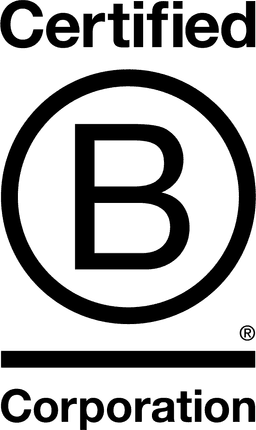

Patagonia

California, United States
December 2011
Apparel
Wholesale/Retail
Argentina,
Australia,
Canada,
Chile,
Japan,
Netherlands The,
South Korea,
United States
Core Values: Patagonia, Inc.'s values reflect those of a business started by a band of climbers and surfers, and the minimalist style they promoted. The approach they take toward product design demonstrates a bias for simplicity and utility. Build the best product: Their criteria for the best product rests on function, repairability, and, foremost, durability. Among the most direct ways they can limit ecological impacts is with goods that last for generations or can be recycled so the materials in them remain in use. Making the best product matters for saving the planet. Cause no unnecessary harm: They know that their business activity—from lighting stores to dyeing shirts—is part of the problem. They work steadily to change their business practices and share what they’ve learned. But they recognize that this is not enough. They seek not only to do less harm, but more good. Use business to protect nature: The challenges faced as a society require leadership. Once they identify a problem, they act. They embrace risk and act to protect and restore the stability, integrity and beauty of the web of life. Not bound by convention: Their success—and much of the fun—lies in developing new ways to do things.
Overall B Impact Score
Governance 17.8
Governance evaluates a company's overall mission, engagement around its social/environmental impact, ethics, and transparency. This section also evaluates the ability of a company to protect their mission and formally consider stakeholders in decision making through their corporate structure (e.g. benefit corporation) or corporate governing documents.
Workers 23.7
Workers evaluates a company’s contributions to its employees’ financial security, health & safety, wellness, career development, and engagement & satisfaction. In addition, this section recognizes business models designed to benefit workers, such as companies that are at least 40% owned by non-executive employees and those that have workforce development programs to support individuals with barriers to employment.
Community 79.2
Community evaluates a company’s engagement with and impact on the communities in which it operates, hires from, and sources from. Topics include diversity, equity & inclusion, economic impact, civic engagement, charitable giving, and supply chain management. In addition, this section recognizes business models that are designed to address specific community-oriented problems, such as poverty alleviation through fair trade sourcing or distribution via microenterprises, producer cooperative models, locally focused economic development, and formal charitable giving commitments.
Environment 40.4
Environment evaluates a company’s overall environmental management practices as well as its impact on the air, climate, water, land, and biodiversity. This includes the direct impact of a company’s operations and, when applicable its supply chain and distribution channels. This section also recognizes companies with environmentally innovative production processes and those that sell products or services that have a positive environmental impact. Some examples might include products and services that create renewable energy, reduce consumption or waste, conserve land or wildlife, provide less toxic alternatives to the market, or educate people about environmental problems.
Customers 4.7
Customers evaluates a company’s stewardship of its customers through the quality of its products and services, ethical marketing, data privacy and security, and feedback channels. In addition, this section recognizes products or services that are designed to address a particular social problem for or through its customers, such as health or educational products, arts & media products, serving underserved customers/clients, and services that improve the social impact of other businesses or organizations.